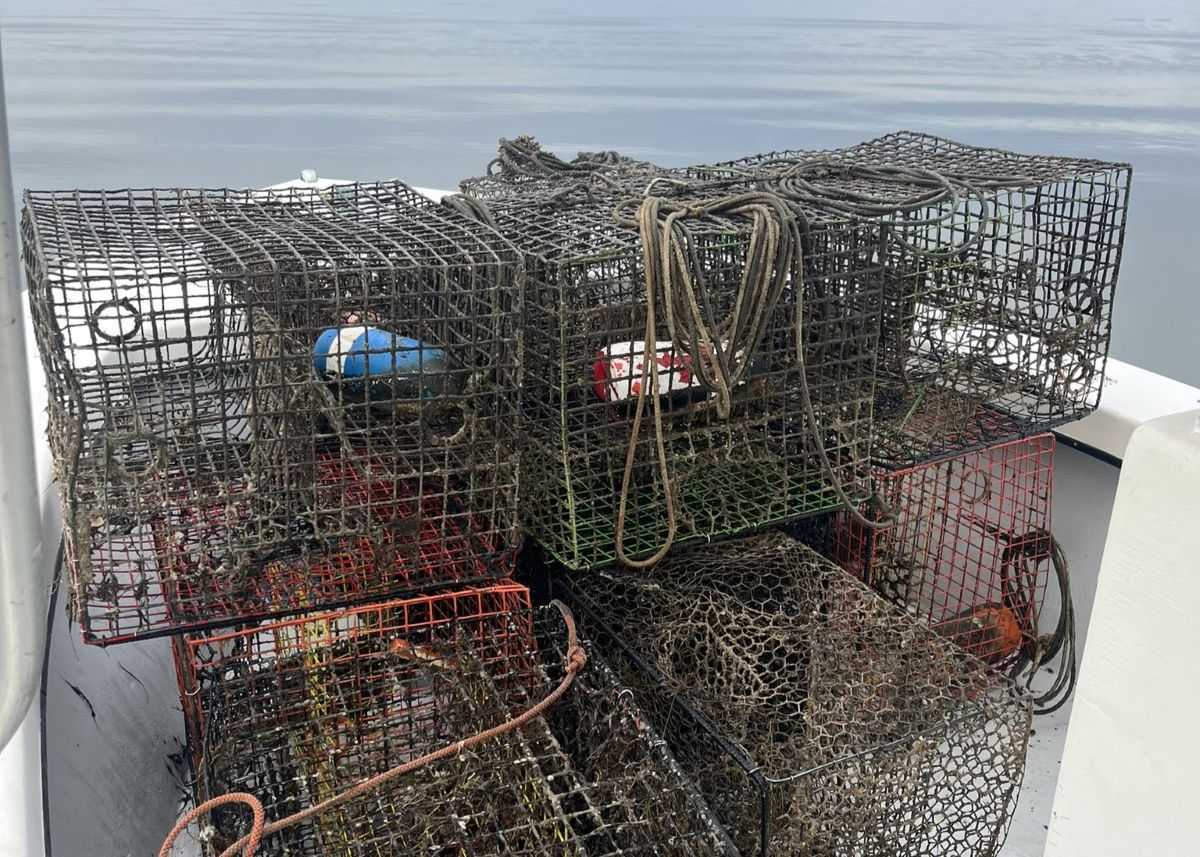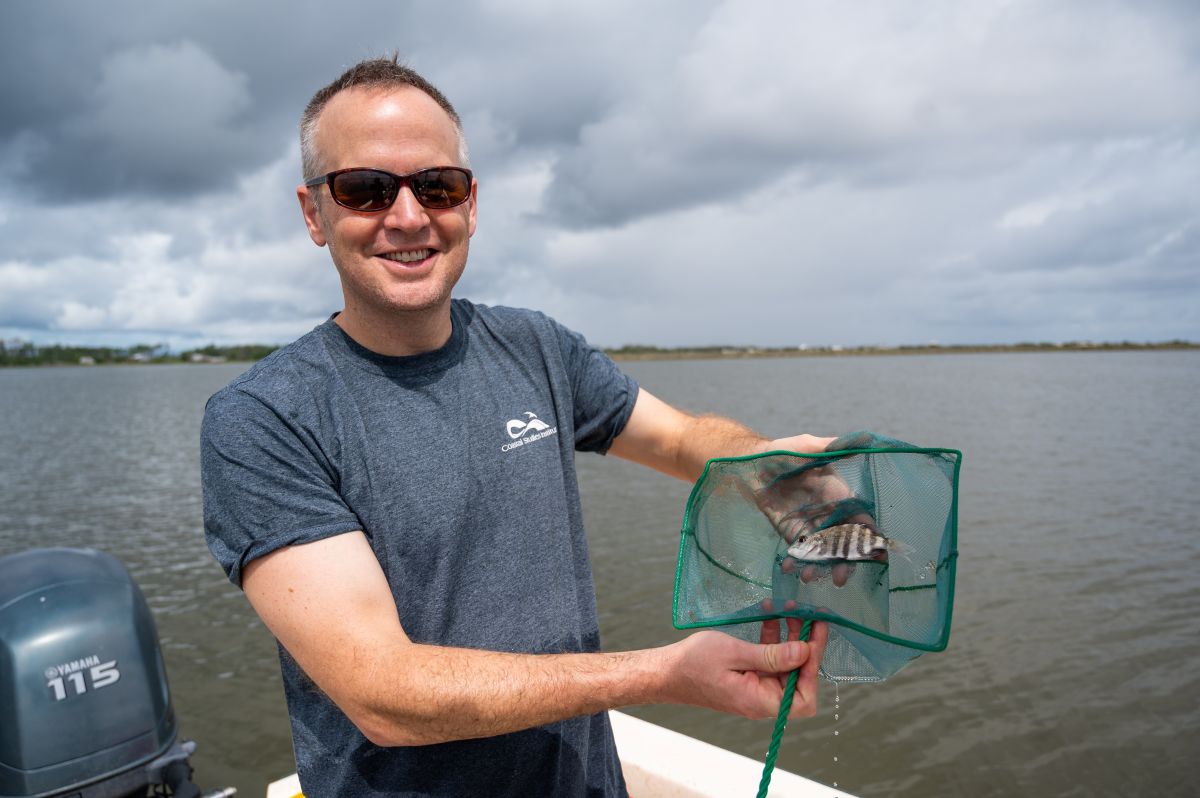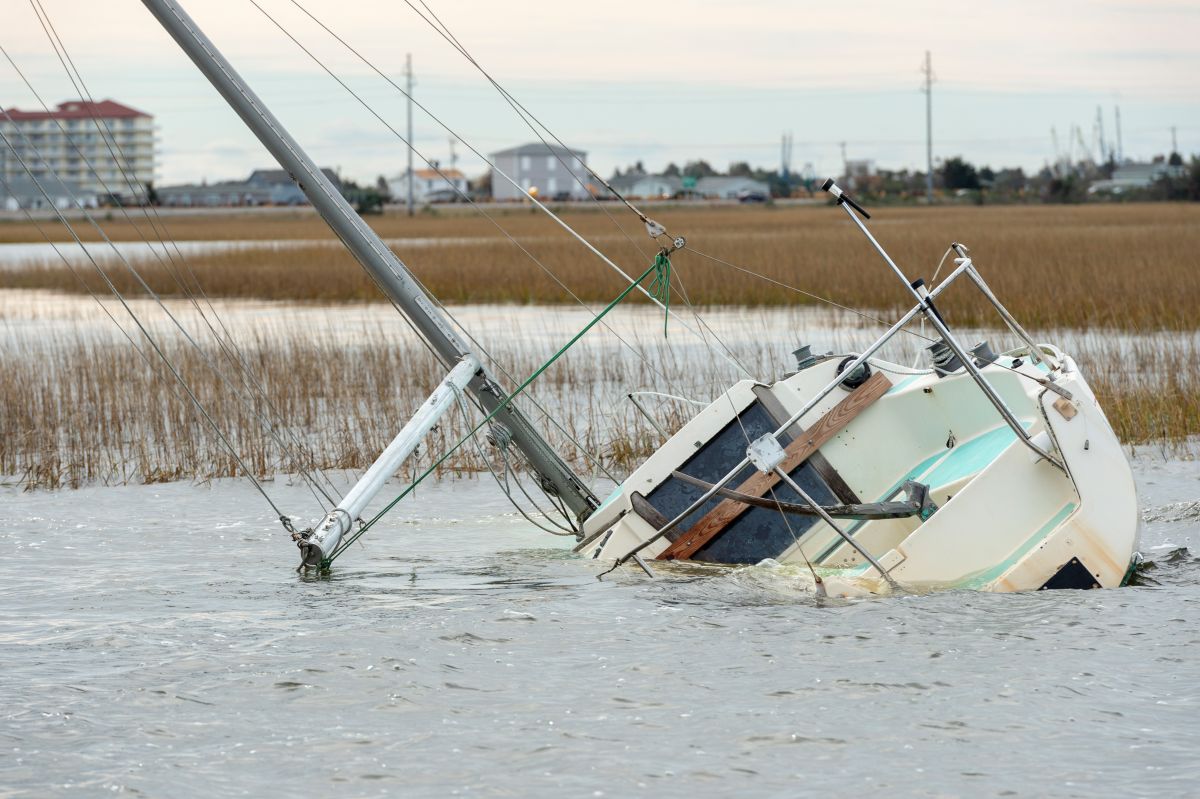
From a Port City Daily report
A team of engineers from North Carolina State University is leaning toward Greenfield Lake in Wilmington as a research site to install and monitor a series of floating wetland islands as part of a $100,000 state-funded stormwater innovation grant.
Supporter Spotlight
The grant for the initiative to “optimize floating wetlands” at either Greenfield Lake or a retention pond on the university’s campus is one of the more than 60 projects that Gov. Roy Cooper announced last week. The projects will be funded with $14.6 million to be dispersed by North Carolina Land and Water Fund, or LWF, to protect 6,710 acres across the state. The school will receive $100,000 of a requested $187,000.
Project leader N.C. State professor Bill Hunt said there’s a more than 50% chance he will choose Greenfield Lake because of its potential to influence a broader effort to improve the lake’s water quality.
Hunt explained that the water quality issues at Greenfield Lake stem from excessive nutrients like nitrogen and phosphorus entering the lake via stormwater runoff.
“While those nutrients do exist naturally, in Greenfield Lake they are present in very high numbers. And they get into the lake by running off from the watershed,” Hunt said.
Will Summer, deputy director of the LWF, explained that a floating wetland island is “essentially a mat constructed in such a way that you can put plants in it through the top and the roots can hang into the water.” Floating islands filter out excessive nutrients harmful to the water quality but nutritious for the plants in deeper waters.
Supporter Spotlight
According to the LWF, the proposed project would include purchasing and installing the wetland islands, installing two groundwater wells at Greenfield Lake, pre- and post-installation water quality monitoring, measuring plant biomass and density to track nutrient absorption, and the evaluation of collected data. The city has agreed to perform maintenance of the floating islands.
Summer said in the coming weeks a program manager will negotiate with Hunt on what can be done with $100,000 instead of the $187,000 before anything is finalized. The city agreed to a small financial match, according to the LWF. If the project had been approved for the initially requested $187,000, the city would have contributed $3,457, with N.C. State’s contribution estimated at $19,090.
Hunt said that if the proposal goes through, his team will place lines of connected floating islands stretching across the northern arm, one near the stream’s entrance into the lake, and another about 100 feet downstream and perform water quality testing.
Although the project is not intended to fix the pollution problems at the lake, he said, “we think it is a part of a larger strategy to address them.







